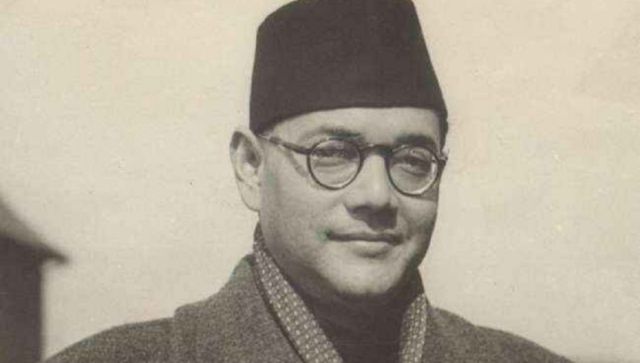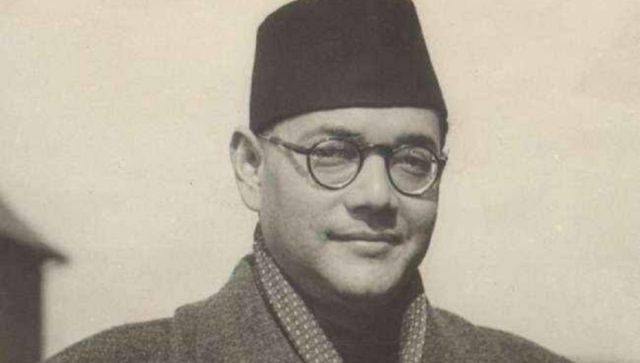The first war of Independence in 1857 was a completely unique surge of natives against their oppressive colonial rulers in the history of the world over. It was one of the biggest battles against the oppressive, cruel and draconian policies of the British imperialism. It was also for the first time when the all over the country the spirit of uniting against a powerful empire was displayed.
What started on 10 May, 1857 cannot be termed merely as a mutiny by few soldiers of the East India Company caused primarily by rumours of animal fat in cartridges. A revolt by a few princely states who were facing the threat of being usurped by East India Company was also part of the uprising against the British.
This nationwide uprising was an expression of the widespread feeling of patriotism and the widely shared repulsion towards the ongoing process of colonisation.
In the words of Eric Stokes, “To India, 1857 bequeathed a more living and enduring presence.” As one looks back at the post-1857 period, the British government officially took over the reins from the East India Company and introduced major changes in British policies and in their administrative set-up in India deliberately creating divisions in the society.
The first war of Independence proved to be a major source for revival of the modern nationalism. To curb the growth of nationalism, the British Empire decided to introduce the policy of divide and rule. The annexation/expansion policy was done away with and princes were supported and promoted to safeguard British interest against any nationalist upsurge.
One of the major impacts of 1857 was that British government sowed the seeds of communalism in India. They started first with the British Indian army by introducing Sikhs into Bengal regiment in order to break the unity of the Bengal army. Further, a divide was created by bifurcating castes in the army into marshal and non-marshal.
To counter a very efficient system of education, the British portrayed Brahmins, who were running Gurukuls across the country as oppressors and exploiters.
Sir Richard Temple, the then governor of Bombay said that ever since 1818, when the British finally defeated the Peshwa in the third Anglo Maratha war, Brahmins were, “inspired with national sentiment and with an ambition bounded only with the Bonds of India itself.” Innumerable criminal investigation department reports of that period confirmed the active role played by Brahmins in the national movement.
The British also started the practice of ‘preferences’. In the name of equality before the law, financial assistance and preferences were given in education and government employment at the local and provincial levels to certain sections based on their caste and community. They ensured that the beneficiaries of these were largely Muslims and Anglo-Indians and further a quota was fixed for them in government services also.
In the post-1857 era, the Muslims’ grudge over the loss of their dominance and their fear of being subjugated by other community especially Hindus made them insecure and vulnerable to the British policy of divide and rule. During the 1850s, Mohammedan Anglo-Oriental College was established at Aligarh. English principals like Archibold, Theodore Beck and Morrison played an important role through this institution in keeping Muslims away from the mainstream and inculcating in them a feeling of separation.
This further gained momentum during Lord Lytton’s Vice-royalty (1876-80). A deputation of Muslims led by Agha Khan demanded on 1 October, 1896 a separate electorate for the Muslims. On 30 December, 1906 a separate party — Muslim League — was launched to pursue and safeguard Muslim interests. They demanded that the elections for Muslims in these tiers should be held separately and exclusively by them thus providing an opportunity to Muslim voters to return Muslim representatives according to their choice.
The British created fissures within the Hindu society also by creating ‘forward’ and ‘backward’ classes. On 2 September, 1897, George Francis Hamilton, the then secretary of state for India, wrote to Viceroy Curzon, “I think the real danger to our rule in India, not now but say 50 years hence, is the gradual adoption and extension of Western ideas of agitation and organization. If we could break the educated Hindu into two sections, holding widely different views, we should by such division, strengthen our position against the subtle and continuous attack, which the spread of education must make upon our system of Government.”
In 1885, the education department proposed to reserve 50 percent of free scholarships for backwards and Muslims. This was the beginning of ‘reservation’ in education in India.
The destruction of India’s traditional educational system and replacing it with a colonial education system was one of the most effective tactics adopted by the British in the wake of 1857 mutiny.
In the garb of modern education, what the British actually introduced was explained in the words of Lord Macaulay, “To form a class, who may be interpreters between us and millions of whom, we govern, a class of persons, Indian in blood and colour, but English in taste, in opinion, in morals and in intellect.” It was mainly to get Indians, “Anglicized in terms of both cultural and intellectual attainment”.
Macaulay dreamt of a class of Indians who would be Indian in blood and colour but “English in tastes, in opinion, in morals and in intellect.”
The introduction of modern education and the announcement of making knowledge of English as compulsory for government employment paved the way for imperial dominance and created a rift in the Indian society.
Through census on caste and communal basis, the British further perpetuated the divide within Hindu society. Around 1909, a certain section of Hindus bracketed under the name of “untouchables”. Then separate representations were given to the scheduled castes and scheduled tribes.
Unfortunately, post-1947 India as a nation failed to do the course correction. On the 162nd anniversary of the first war of Independence, it is time to rethink about a national thought process and start doing the course correction.
The author is a PhD in Sociology and Senior Research Fellow with Vichar Vinimay Kendra, a Delhi based think tank.


)




)
)
)
)
)
)
)
)